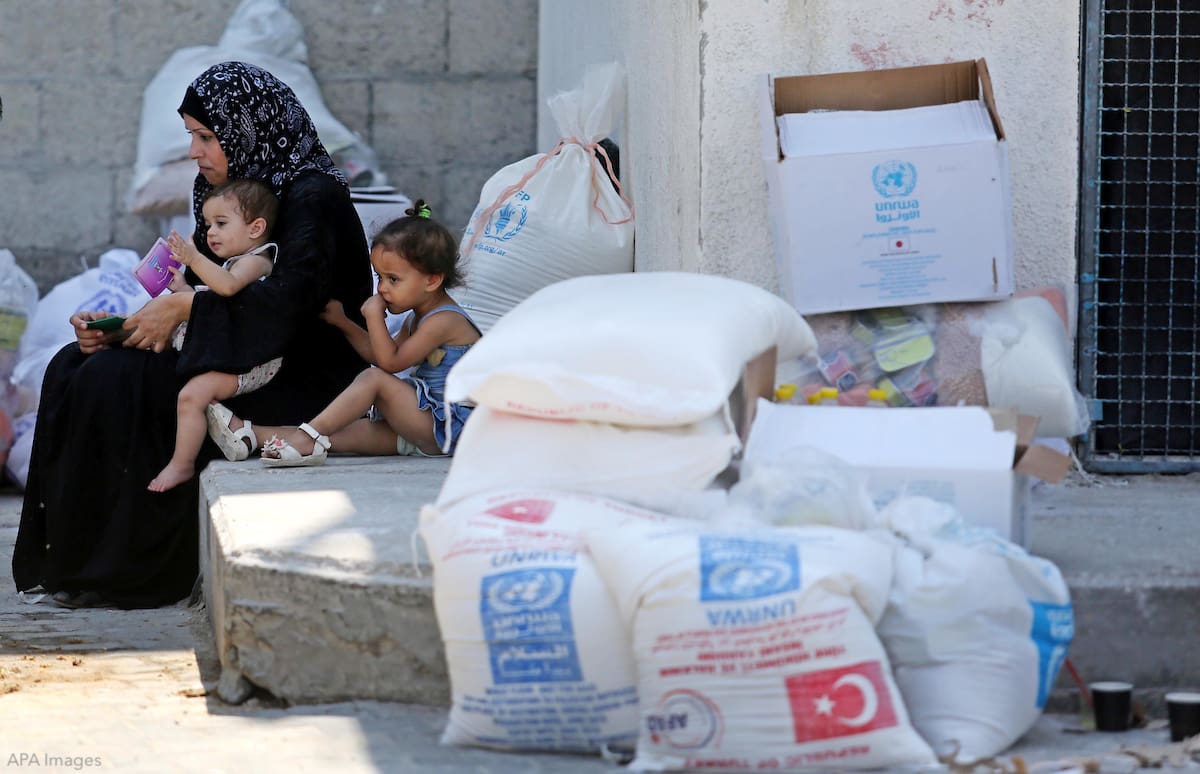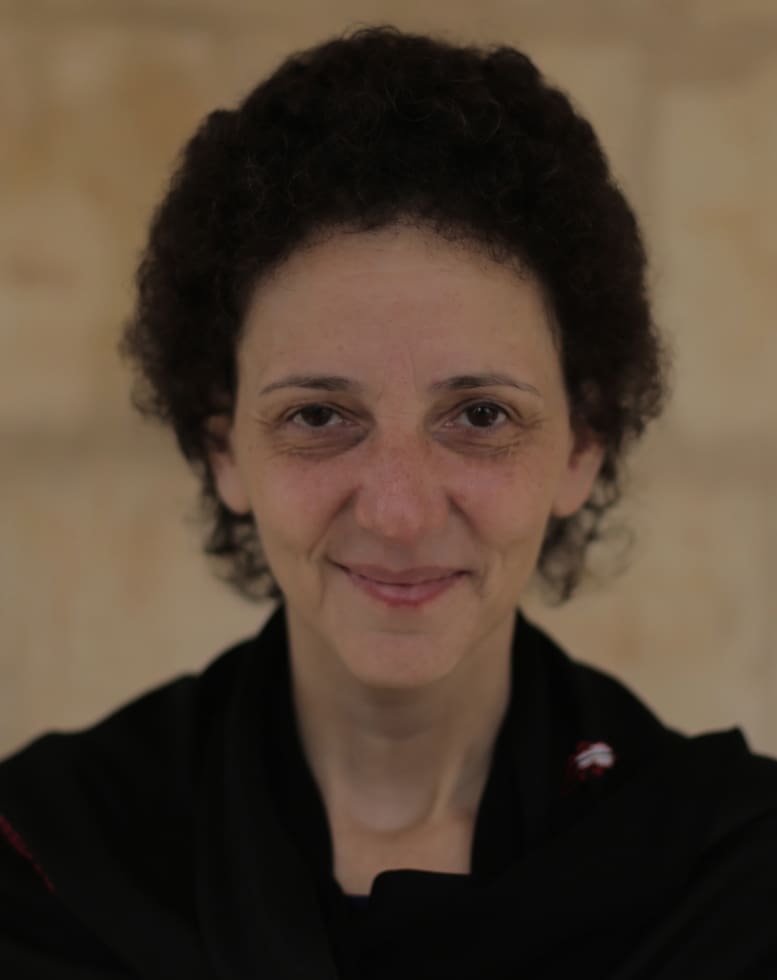
The Trump Administration’s decision to cut aid to the Palestinians and cease USAID operations in the Occupied Palestinian Territory (OPT) must serve as a wake-up call for Palestinian policymakers to lay the Oslo Accords aid model to rest. Neither this model nor the masses of aid funds that have poured into Palestine – more than $35 billion since 1993 – have brought Palestinians closer to freedom, self-determination, or statehood, or provided for sustainable development. In fact, the opposite has been the case: Palestinians are forced to live in an aid-development paradox, with increased amounts of aid associated with major declines in socioeconomic and development indicators.
In this selection of pieces, Al-Shabaka policy analysts examine the effectiveness of international aid to Palestine, problematize its consequences and the harmful ramifications of aid dependency, and suggest ways forward to reform and re-invent Palestinian aid. The analysts argue that development cannot be understood as a mere technocratic, apolitical, and neutral process. Rather, it must be recognized as operating within relations of colonial dominance and rearticulated as linked to the struggle for rights, resistance, and emancipation.
The Failure of Aid
Donor Complicity in Israel’s Violations of Palestinian Rights
By Nora Lester Murad
Nora Lester Murad elucidates donor practices that violate basic human rights, outlines eight questions that must be asked about aid complicity, and suggests mechanisms for oversight of the aid industry. Read more…
Persistent Failure: World Bank Policies for the Occupied Palestinian Territories
By Alaa Tartir and Jeremy Wildeman
Alaa Tartir and Jeremy Wildeman assess the World Bank’s irrelevant and sometimes harmful policy recommendations and argue that until the Bank better understands the real conditions of Israeli occupation, it will continue to provide unrealistic recommendations that are based on a long-dead era of Oslo rapprochement. Read more…
Unmasking “Aid” After the Palestine Papers
By Samer Abdelnour
Samer Abdelnour examines the integral role played by the aid industry in ensuring the de-development of the Palestinian economy and argues that in the absence of accountability mechanisms the aid industry will continue to be complicit in the deliberate devastation of the people it claims to serve. Read more…
The Reinvention of Aid
Can Oslo’s Failed Aid Model Be Laid to Rest?
By Jeremy Wildeman and Alaa Tartir
Jeremy Wildeman and Alaa Tartir argue that donors are reinforcing failed past patterns associated with the so-called peace dividends model while making only cosmetic changes to their engagement. Read more…
Defeating Dependency, Creating a Resistance Economy
By Alaa Tartir, Sam Bahour, and Samer Abdelnour
Alaa Tartir, Sam Bahour, and Samer Abdelnour point to the need to consider how Palestinians can institutionalize and eventually create a bureaucracy around a democratic people-driven development agenda, and argue that any new Palestinian economic vision must embrace dignity in aid. Read more…
A New Model for Palestinian Development
By Samer Abdelnour
Samer Abdelnour analyzes Oslo-inspired pitfalls of Palestinian development and misguided donor attempts to promote private sector development, and argues that a Sustainable Local Enterprise Networks (SLENs) approach to development and reconstruction can work in the Palestinian context. Read more…













